HONG KONG—Many of Hong Kong’s media outlets have followed the line of the Chinese Communist Party in reporting on the Occupy Central’s democracy protests.
In mainland China, the state-run media have described Occupy Central as illegal, destructive of Hong Kong, and the result of foreign interference.
The world’s media have in general praised the students for being polite, peaceful, and orderly, and condemned the Hong Kong police for using tear gas and pepper spray to disperse peaceful protesters on Sept. 29.
When the Hong Kong newspapers Wenweipo and Ta Kung Pao reported on the events of Sept. 29, they published articles condemning Occupy Central for causing “a lot of chaos.”
The Oriental Daily took a similar approach with an article whose headline read “Chaotic Protest Like Tides, Tear Gas Flies.” The report claimed that the students’ protest was “totally out of control.”
When hundreds of anti-Occupy Central demonstrators suddenly appeared in groups and violently attacked pro-democracy protesters on Oct. 3, Oriental Daily published a report showing sympathy and admiration for the attackers, titled “Citizens Angry, Voluntarily Cleared the Scene With Blood.”
Many Hong Kong citizens who witnessed the attacks accused the police of colluding with triads and hiring gangsters to attack protesters. Others reported in posts on the Internet and in comments to overseas media outlets that the attackers had a mainland Chinese accent. They said they suspected Beijing of having hired the attackers to create chaos.
On Oct. 4, Hong Kong Television Broadcasts Limited (TVB) aired video about a man holding a fruit knife who had removed a barricade set up by pro-democracy protesters. The report referred to the man as a “citizen,” meaning a Hong Kong citizen.
Radio France International and Hong Kong’s iCable Television both interviewed this man and reported that he was from Shenzhen City, just across the border with Hong Kong in China’s Guangdong Province.
The Office of the Communications Authority in Hong Kong says that there were at least 550 complaints that TVB had misled the public, was inaccurate and biased, and reported contrary to professional codes, according to Apple Daily, a pro-democracy newspaper in Hong Kong.
A report by Sing Tao Daily of a tragic accident on Oct. 4 shows how far some of the Hong Kong media outlets have gone to criticize Occupy Central.
A Filipino maid was killed by a wall cabinet that accidently fell on her when she was sleeping on the morning of Oct. 4. Sing Tao Daily reported her death was caused by Occupy Central.
The newspaper explained that the maid had slept in that morning because she didn’t need to accompany the family’s child to school, due to a school cancellation caused by the Occupy Central protests.
Miss Wu, a masters student in The Chinese University of Hong Kong, told Epoch Times that she noticed that some mainstream media in Hong Kong only reported the scenes of clashes and ignored protesters’ peaceful demonstrations.
Miss. Wu hoped Hong Kong media could objectively report the students’ appeals. She indicated that many student protesters do not want to be interviewed by Chinese language media due to the belief that they are biased.
Hu Liyun, the International Federation of Journalists representative for the region of Hong Kong and China said she’s “very disappointed” to see the pro-CCP medias’ reporting in Hong Kong.
“In front of such a major incident, [the media] failed to present the facts that even ordinary citizens could see.” She indicated that the behavior of the media is giving a very serious alarm regarding the condition of press freedom in Hong Kong.
The behavior of most of the Hong Kong media outlets in reporting on Occupy Central was mirrored by Chinese-language media outlets around the world.
On Oct. 2, 142 Chinese-language newspapers around the world carried an identical statement condemning Occupy Central.
During a protest to support Hong Kong’s democracy in front of the Chinese consulate in New York City on Oct. 7, well-known Chinese dissident Wei Jingsheng expressed concern over the CCP’s control of Chinese-language media.
“Chinese language media have changed a lot under pressure from the Communist Party, such as the pressure of getting donations and advertisements. Those media changed the tone of their report to coordinate with the Communist Party,” Wei said.
He added, “It shows that the Communist Party has very strong control of overseas media.”
With additional reporting by Cai Rong
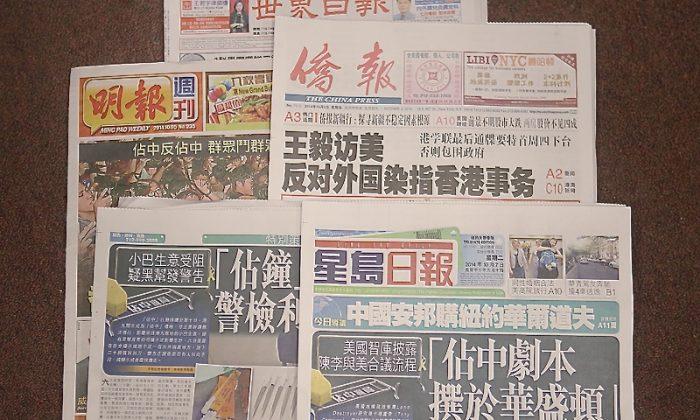
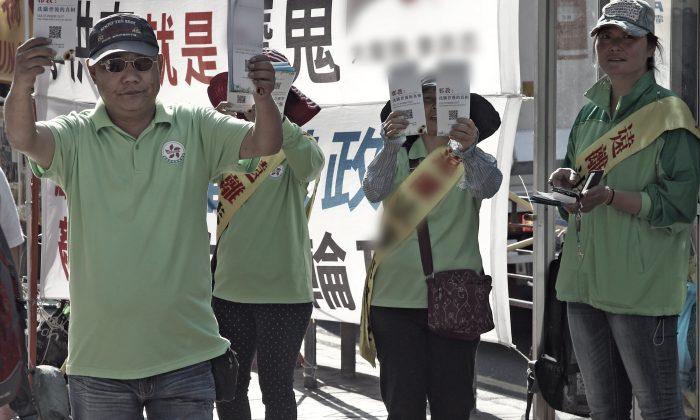
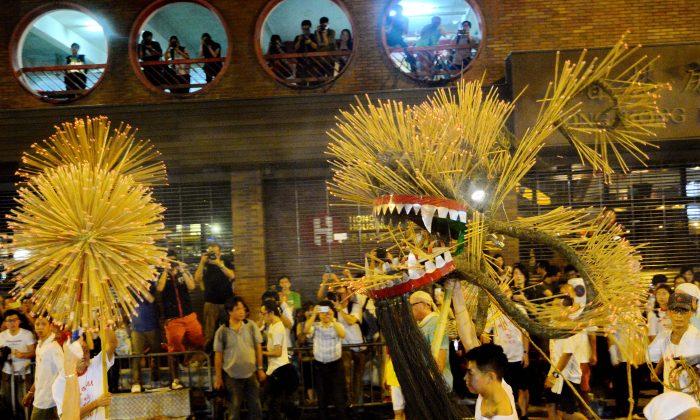
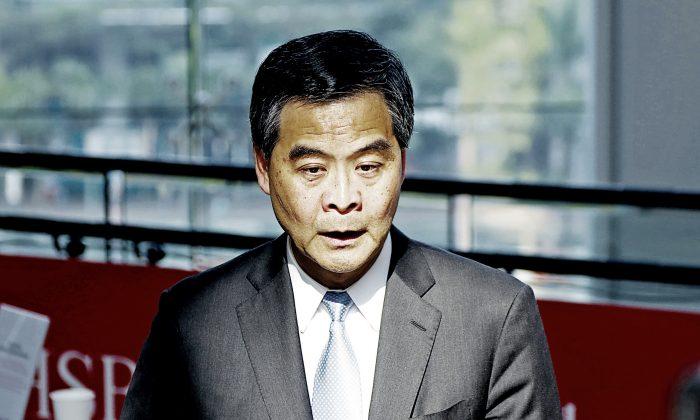
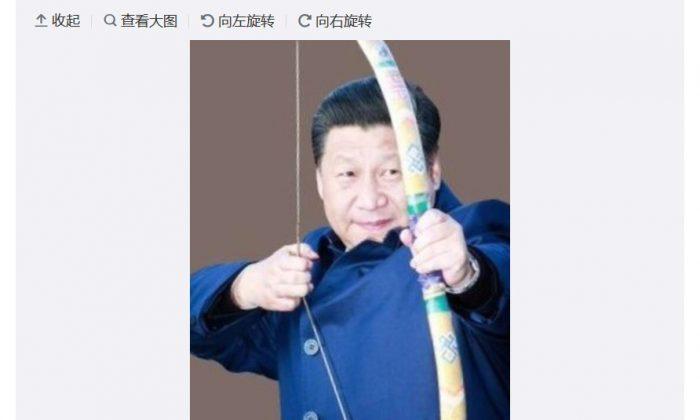
Friends Read Free